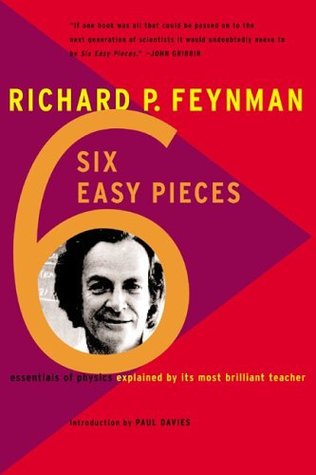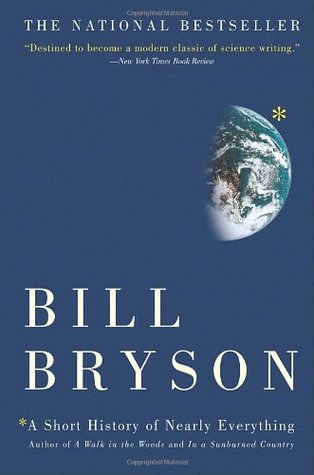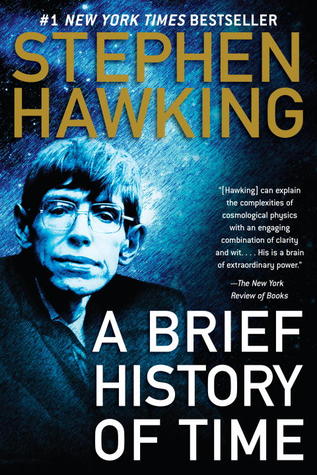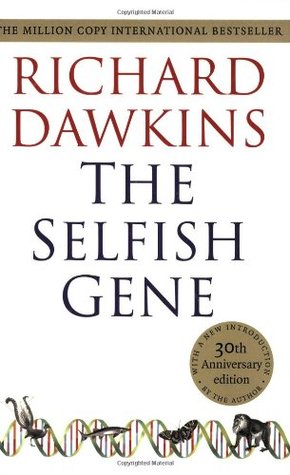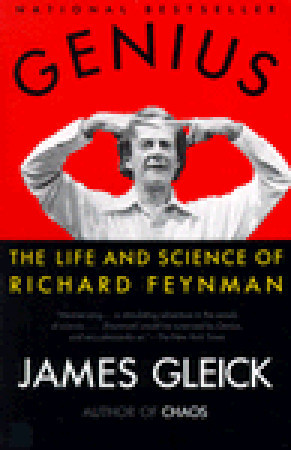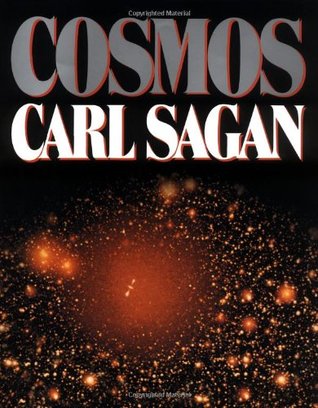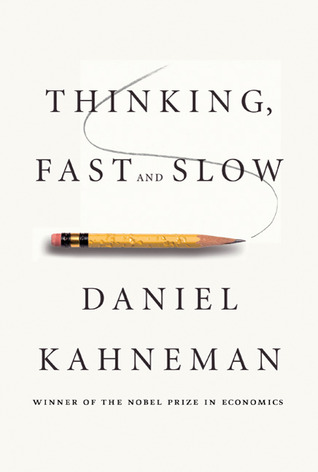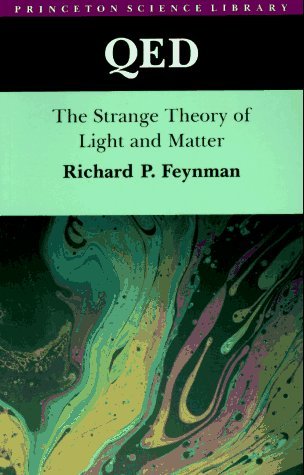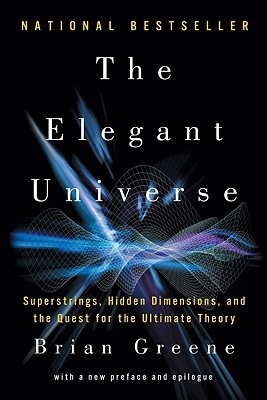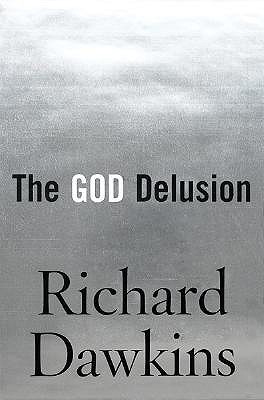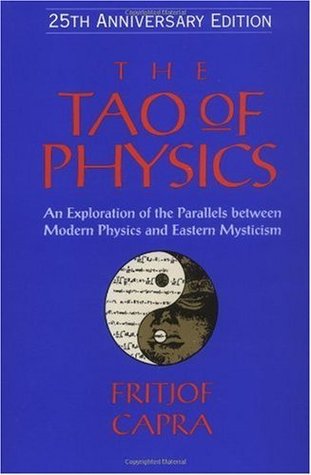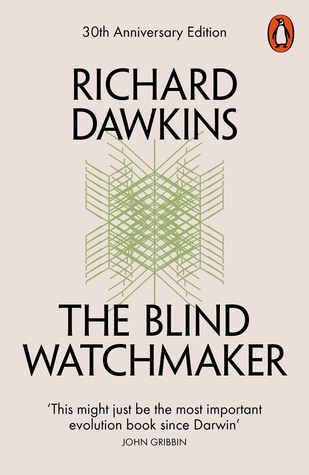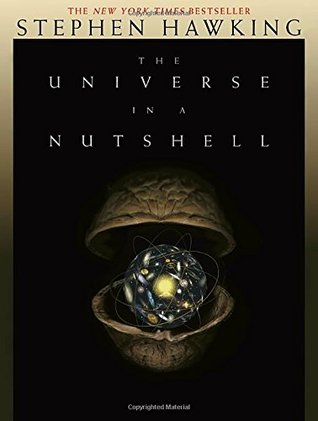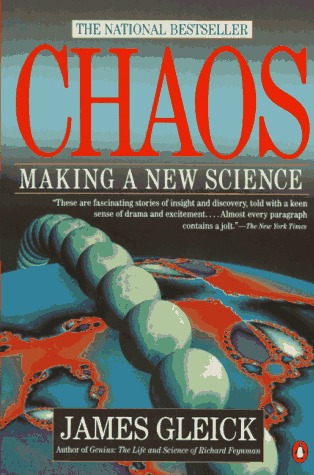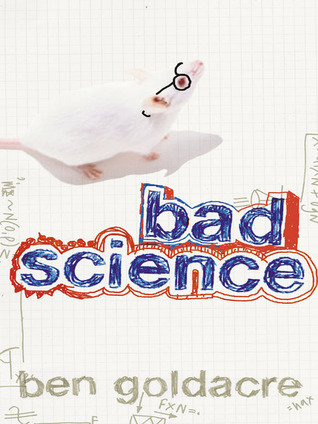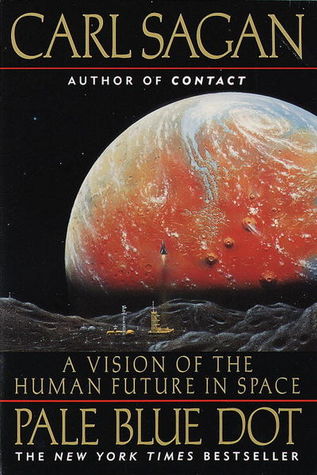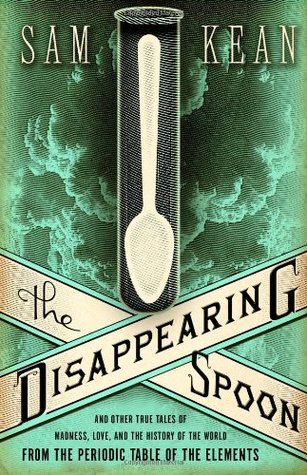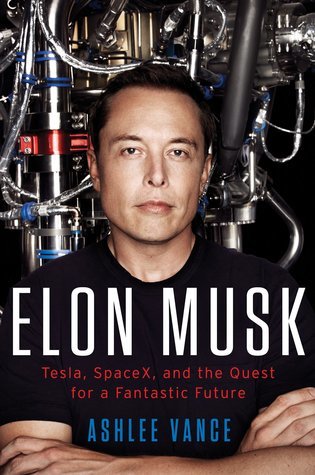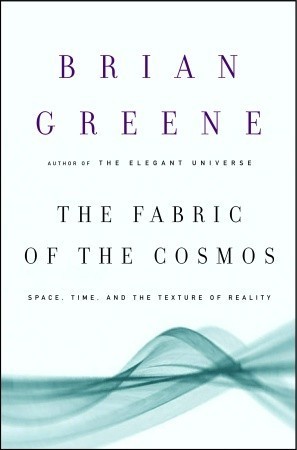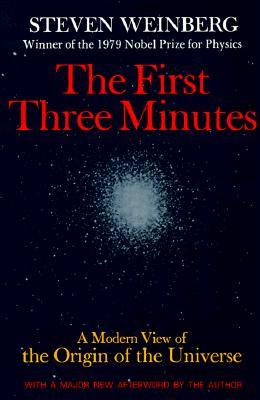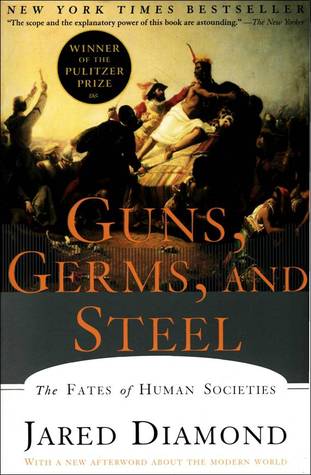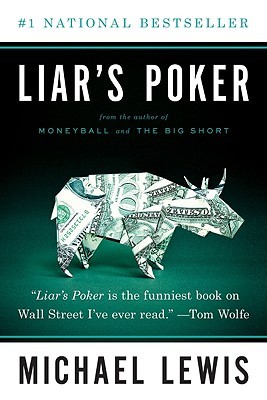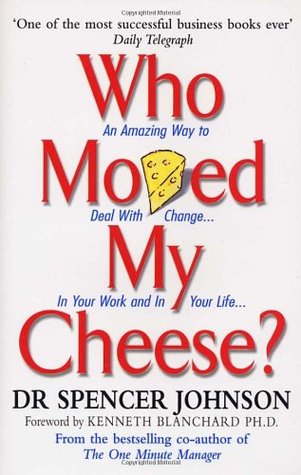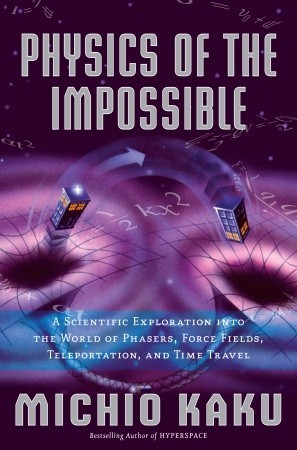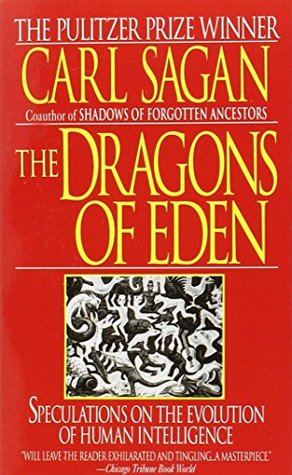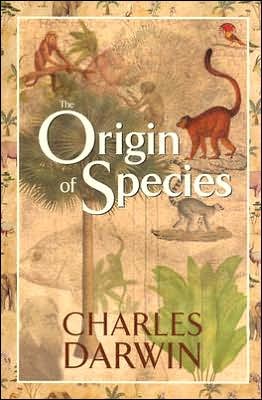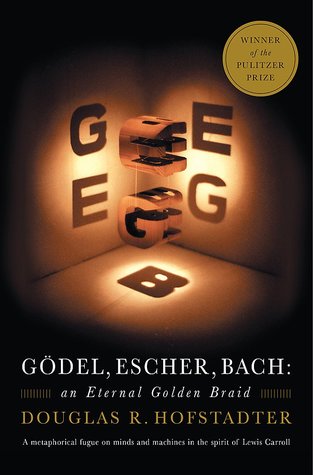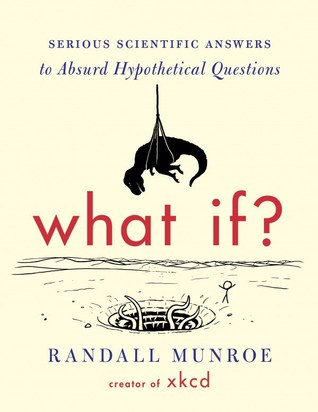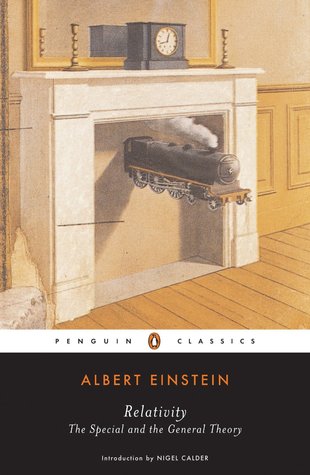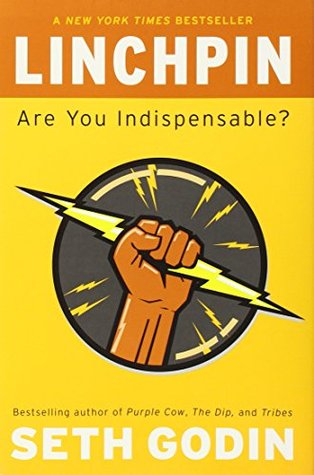Powered by a book like {foo}
Recommendations based on The Pleasure of Finding Things Out: The Best Short Works of Richard P. Feynmanby Jeffrey Robbins
* statistically, based on millions of data-points provided by fellow humans
Six Easy Pieces: Essentials of Physics By Its Most Brilliant Teacher
by Richard P. Feynman
Exploring the fundamentals of physics, from the perspective of one of the greatest minds of the 20th century.
Six Easy Pieces: Essentials of Physics Explained by Its Most Brilliant Teacher is a publishing first. This set couples a book containing the six easiest chapters from Richard P. Feynman's landmark ... (Goodreads)
A Short History of Nearly Everything
by Bill Bryson
A captivating overview of the natural sciences, spanning the history of the universe.
In Bryson's biggest book, he confronts his greatest challenge: to understand—and, if possible, answer—the oldest, biggest questions we have posed about the universe and ourselves. Taking as territory ... (Goodreads)
A Brief History of Time
by Stephen Hawking
Exploring the depths of time and space and the emergence of the universe.
In the ten years since its publication in 1988, Stephen Hawking's classic work has become a landmark volume in scientific writing, with more than nine million copies in forty languages sold ... (Goodreads)
The Selfish Gene
by Richard Dawkins
A study of evolutionary biology, exploring how genes act and how they impact behavior.
Inheriting the mantle of revolutionary biologist from Darwin, Watson, and Crick, Richard Dawkins forced an enormous change in the way we see ourselves and the world with the publication of The ... (Goodreads)
Genius: The Life and Science of Richard Feynman
by James Gleick
A biography of physicist Richard Feynman, exploring his life and scientific contributions to quantum mechanics and the Manhattan Project.
An illuminating portrayal of Richard Feynman—a giant of twentieth century physics—from his childhood tinkering with radios, to his vital work on the Manhattan Project and beyond Raised in ... (Goodreads)
Cosmos
by Carl Sagan
Voyage through the vastness of space, unlocking the mysteries of the universe.
Cosmos has 13 heavily illustrated chapters, corresponding to the 13 episodes of the Cosmos television series. In the book, Sagan explores 15 billion years of cosmic evolution and the development of ... (Goodreads)
Thinking, Fast and Slow
by Daniel Kahneman
An exploration of the two systems of the mind, and how they influence decision-making.
In the highly anticipated Thinking, Fast and Slow , Kahneman takes us on a groundbreaking tour of the mind and explains the two systems that drive the way we think. System 1 is fast, intuitive, and ... (Goodreads)
QED: The Strange Theory of Light and Matter
by Richard P. Feynman
Exploring the wave-particle duality of light and matter, and their implications for our understanding of the universe.
Famous the world over for the creative brilliance of his insights into the physical world, Nobel Prize-winning physicist Richard Feynman also possessed an extraordinary talent for explaining ... (Goodreads)
The Elegant Universe: Superstrings, Hidden Dimensions, and the Quest for the Ultimate Theory
by Brian Greene
Exploring the hidden realms of physics, in pursuit of a unified theory of nature.
Brian Greene, one of the world's leading string theorists, peels away the layers of mystery surrounding string theory to reveal a universe that consists of eleven dimensions, where the fabric of ... (Goodreads)
The God Delusion
by Richard Dawkins
Scientific exploration of the evidence for and against religious belief.
A preeminent scientist - and the world's most prominent atheist - asserts the irrationality of belief in God, and the grievous harm religion has inflicted on society, from the Crusades to 9/11. With ... (Goodreads)
The Tao of Physics: An Exploration of the Parallels between Modern Physics and Eastern Mysticism
by Fritjof Capra
An exploration of the connections between modern physics and ancient Eastern philosophies.
The Blind Watchmaker: Why the Evidence of Evolution Reveals a Universe Without Design
by Richard Dawkins
A detailed exploration of the evidence for evolution, and its implications for our understanding of the world.
***30th Anniversary Edition*** Cover note: Each copy of the anniversary edition of, The Blind Watchmaker, features a unique biomorph. No two covers are exactly alike. Acclaimed as the most ... (Goodreads)
The Universe in a Nutshell
by Stephen Hawking
A concise and accessible explanation of the most complex theories in physics, from the Big Bang to black holes.
Stephen Hawking’s phenomenal, multimillion-copy bestseller, A Brief History of Time, introduced the ideas of this brilliant theoretical physicist to readers all over the world. Now, in a major ... (Goodreads)
Chaos: Making a New Science
by James Gleick
Investigation of complex systems and the impact of chaos on scientific understanding.
A work of popular science in the tradition of Stephen Hawking and Carl Sagan, this 20th-anniversary edition of James Gleick’s groundbreaking bestseller Chaos introduces a whole new readership to ... (Goodreads)
Bad Science
by Ben Goldacre
A critical look at the misuse of scientific fact and the implications of bad science.
Full of spleen, this is a hilarious, invigorating and informative journey through the world of Bad Science . When Dr Ben Goldacre saw someone on daytime TV dipping her feet in an 'Aqua Detox' ... (Goodreads)
Pale Blue Dot: A Vision of the Human Future in Space
by Carl Sagan
Reflection on humanity's place in the universe, and its responsibility to protect life on Earth.
Pulitzer Prize-winning author Carl Sagan traces our exploration of space and suggests that our very survival may depend on the wise use of other worlds. This stirring book reveals how scientific ... (Goodreads)
The Disappearing Spoon: And Other True Tales of Madness, Love, and the History of the World from the Periodic Table of the Elements
by Sam Kean
Fascinating tales of discovery and exploration of the elements of the periodic table.
Why did Gandhi hate iodine (I, 53)? Why did the Japanese kill Godzilla with missiles made of cadmium (Cd, 48)? How did radium (Ra, 88) nearly ruin Marie Curie's reputation? And why did tellurium (Te, ... (Goodreads)
Elon Musk: Tesla, SpaceX, and the Quest for a Fantastic Future
by Ashlee Vance
A revealing look into the life and accomplishments of tech innovator Elon Musk.
Elon Musk, the entrepreneur and innovator behind SpaceX, Tesla, and SolarCity, sold one of his internet companies, PayPal, for $1.5 billion. Ashlee Vance captures the full spectacle and arc of the ... (Goodreads)
The Fabric of the Cosmos: Space, Time, and the Texture of Reality
by Brian Greene
An exploration of space and time in the physical world, looking at the fundamental laws of the universe.
From Brian Greene, one of the world’s leading physicists and author the Pulitzer Prize finalist The Elegant Universe , comes a grand tour of the universe that makes us look at reality in a completely ... (Goodreads)
The First Three Minutes: A Modern View of the Origin of the Universe
by Steven Weinberg
A comprehensive explanation of the first three minutes after the Big Bang, exploring the origins of the universe and its fundamental particles.
A Nobel Prize-winning physicist explains what happened at the very beginning of the universe, and how we know, in this popular science classic. Our universe has been growing for nearly 14 billion ... (Goodreads)
Guns, Germs, and Steel: The Fates of Human Societies
by Jared Diamond
Tracing the origins of human civilizations through the lens of geography, technology, and biology.
"Diamond has written a book of remarkable scope ... one of the most important and readable works on the human past published in recent years." Winner of the Pulitzer Prize and a national bestseller: ... (Goodreads)
Liar's Poker
by Michael Lewis
A Wall Street insider's look at the culture of high finance and the dynamics of the markets.
The time was the 1980s. The place was Wall Street. The game was called Liar’s Poker. Michael Lewis was fresh out of Princeton and the London School of Economics when he landed a job at Salomon ... (Goodreads)
Who Moved My Cheese?
by Spencer Johnson
A parable about navigating change through the eyes of four characters.
It is the amusing and enlightening story of four characters who live in a maze and look for cheese to nourish them and make them happy. Cheese is a metaphor for what you want to have in life, for ... (Goodreads)
Physics of the Impossible
by Michio Kaku
A scientific exploration of the possibilities of the impossible, from teleportation to time machines.
A fascinating exploration of the science of the impossible—from death rays and force fields to invisibility cloaks—revealing to what extent such technologies might be achievable decades or millennia ... (Goodreads)
Dragons of Eden: Speculations on the Evolution of Human Intelligence
by Carl Sagan
An exploration of the evolution of human intelligence and its implications for civilization.
Com os DRAGÕES DO ÉDEN, Prémio Pulitzer, para muitos a mais bela obra do autor, os leitores de "Ciência Aberta" irão participar numa grande aventura... Num Éden perdido onde os dragões reinavam ... (Goodreads)
The Origin of Species
by Charles Darwin
Comprehensive scientific exploration of the evolution of species and the natural world.
Darwin's theory of natural selection issued a profound challenge to orthodox thought and belief: no being or species has been specifically created; all are locked into a pitiless struggle for ... (Goodreads)
Gödel, Escher, Bach: An Eternal Golden Braid
by Douglas R. Hofstadter
A complex exploration of logic, mathematics and art, exploring their relationships and interconnections.
Douglas Hofstadter's book is concerned directly with the nature of “maps” or links between formal systems. However, according to Hofstadter, the formal system that underlies all mental activity ... (Goodreads)
What If? Serious Scientific Answers to Absurd Hypothetical Questions
by Randall Munroe
A humorous exploration of science, tackling the most bizarre questions with real-world scenarios.
Randall Munroe left NASA in 2005 to start up his hugely popular site XKCD 'a web comic of romance, sarcasm, math and language' which offers a witty take on the world of science and geeks. It now has ... (Goodreads)
Relativity: The Special and the General Theory
by Albert Einstein
An exploration of the laws of relativity and their implications on science and philosophy.
An accesible version of Einstein's masterpiece of theory, written by the genius himself According to Einstein himself, this book is intended "to give an exact insight into the theory of Relativity to ... (Goodreads)
Linchpin: Are You Indispensable?
by Seth Godin
Exploring how to unlock potential, create value and become indispensable to an organization.
In bestsellers such as Purple Cow and Tribes , Seth Godin taught readers how to make remarkable products and spread powerful ideas. But this book is about you—your choices, your future, and your ... (Goodreads)
